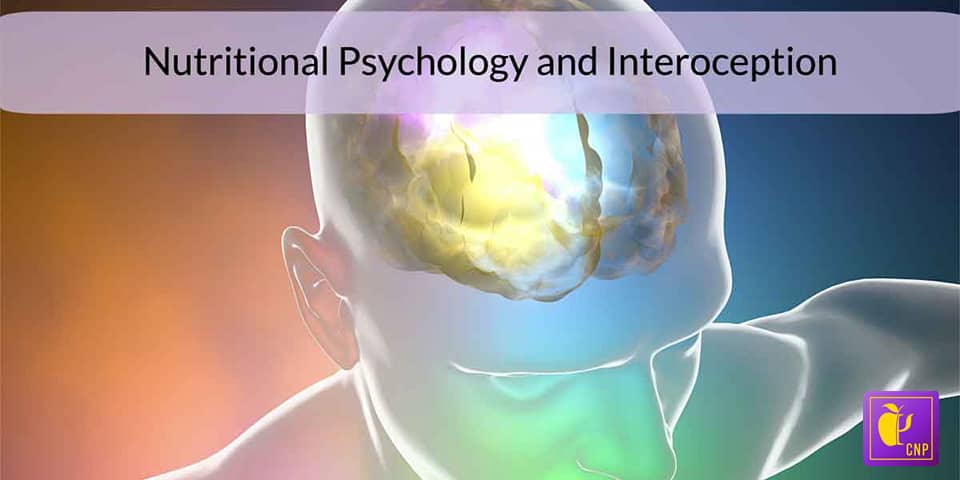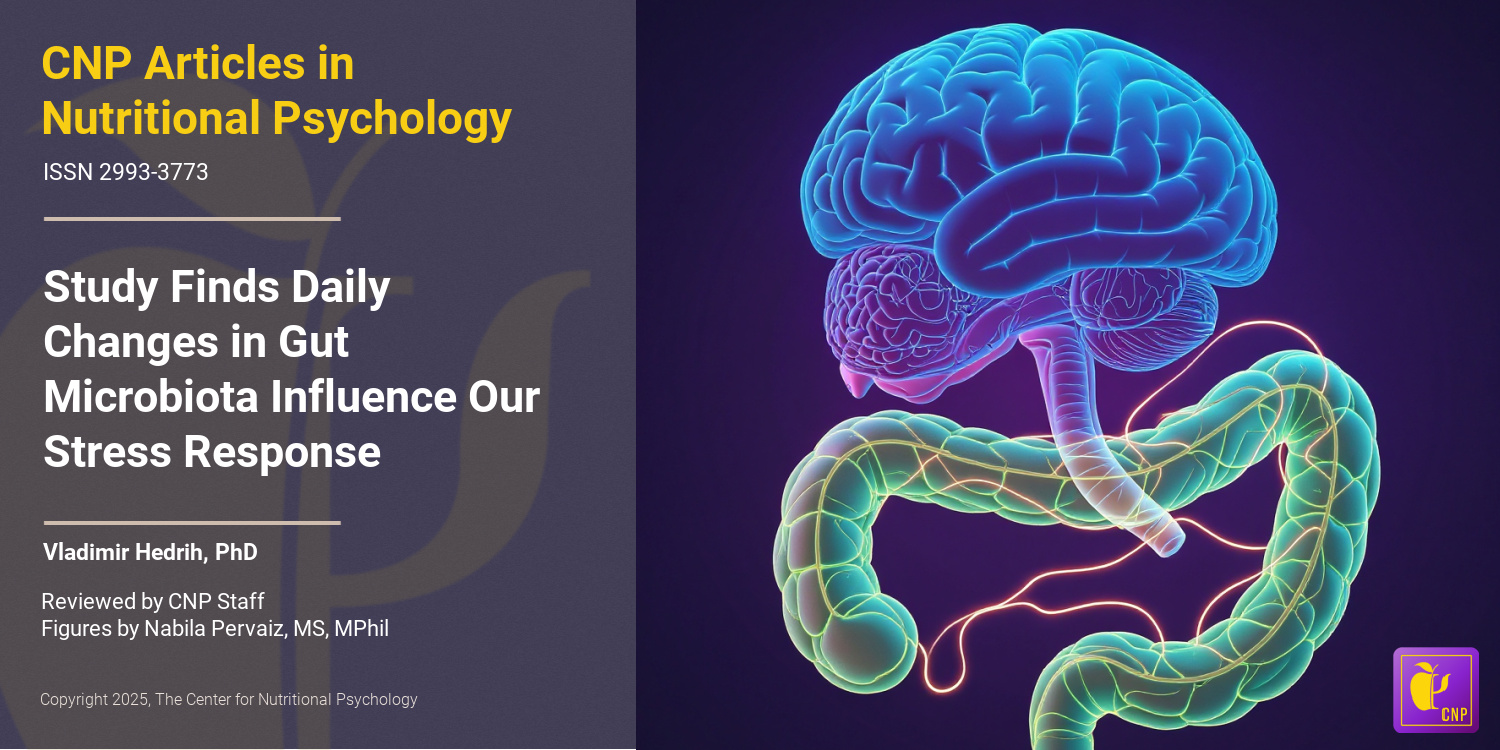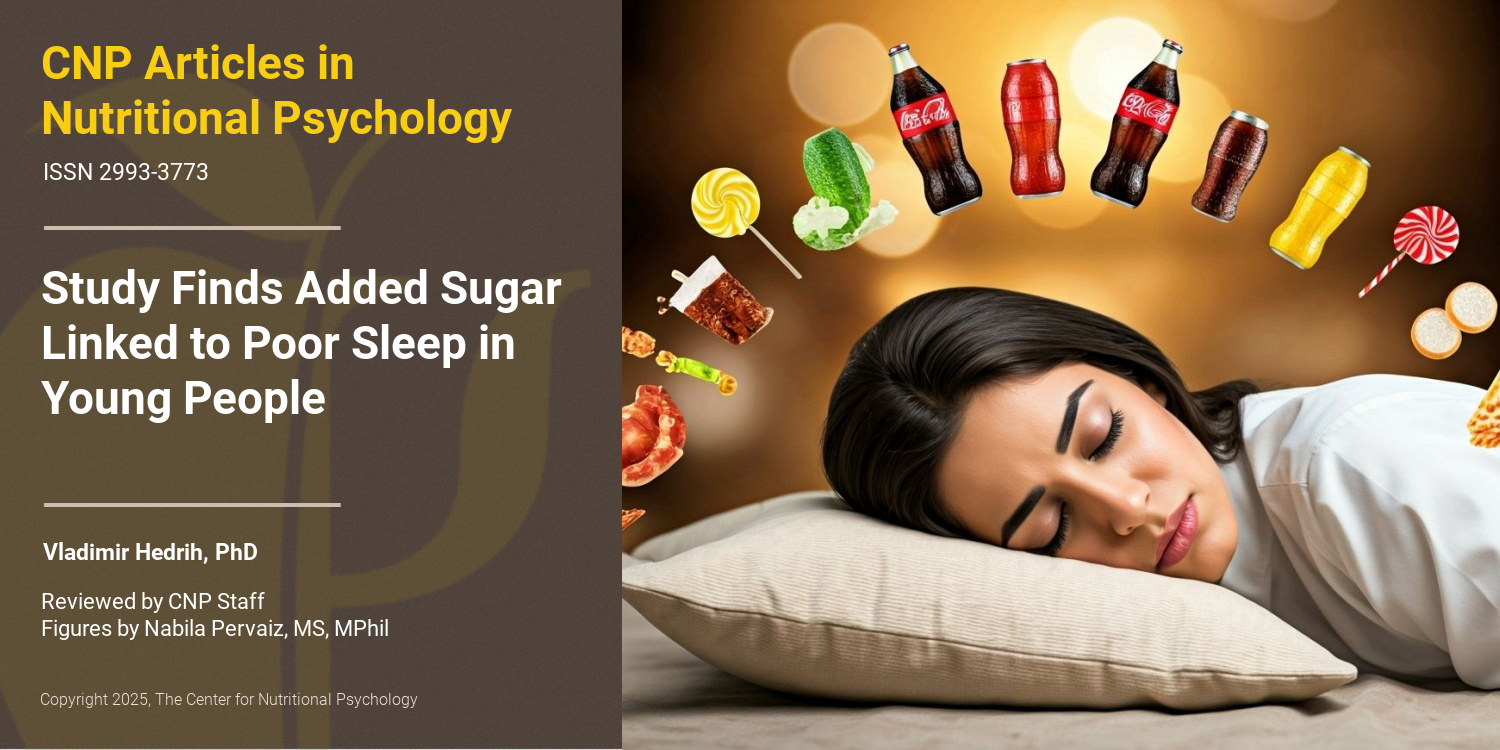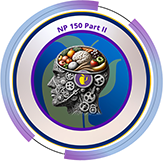Our diet-mental health relationship (DMHR) is complex. When it comes to taking control of our dietary intake patterns (from the inside out) and making conscious decisions to support our mood and psychological health, research shows that increasing something called our Interoceptive Awareness (IA) is a great place to start (Herbert et al., 2013).Many people know intuitively that eating unhealthy junk foods can lead them on a path to making more unhealthy food choices, but research is beginning to reveal the complex cognitive-behavioral processes showing us why. An increasing number of studies reveal that consuming processed sugary foods high in fat and sugar leads to changes in our brain’s cognitive-behavioral processes that change our brain function and influence us to eat more high fat/high sugar (HFHS) foods (Stevenson et al., 2020). This and other “reward-based” processes create “neuroadaptations” in our brain that further influence our eating behaviors and reinforce our food choices.
Junk food and cognitive-behavioral processes
A study by Dr. Stevenson and his colleagues found that merely adding extra junk food to our diet for as little as 7 days impairs our ability to control our appetite. A growing body of research is demonstrating that the structure in the brain responsible for this particular cognitive-behavioral process is the hippocampus. The hippocampus is best known for its role in learning and memory, and as it turns out, is the part of the brain that is most highly susceptible to influence by a HFHS diet.
This study, which was the first to demonstrate a causal role in the ability of a HFHS to directly affect hippocampal functioning, shows that the cognitive processes affected resulted in impaired appetite control, leading to an increased desire to consume HFHS foods —even when full. It turns out that in this same study, those who were eating the junk food addition in their diet performed worse on tests of learning and memory — processes of cognition that are controlled by the hippocampus.
Why are learning and memory involved in regulating appetite and driving our eating behavior? When we consume foods rich in processed fat and sugar, our hippocampus — the part of our brain involved in learning and memory activates brain functions that affect cognitive-behavioral processes involving liking/wanting, learning/remembering, and anticipating (many factors that relate to our cognitive control mechanisms and ensuing dietary intake behaviors).
These foods also stimulate reward pathways in the brain which release dopamine. Dopamine is the neurotransmitter involved in feeling pleasure, which is released in anticipation of a reward (Attuquayefio et al., 2017). This is particularly important because it enhances reward-related memories, strengthening memory-related synapses in the brain.
This high-sensory experience of anticipation, pleasure and reward is encoded into our brain’s wiring of memories, making us more susceptible to choosing HFHS foods in the future. For some of us, if we listen carefully to our body’s sensations, we can become aware of what we feel in this process.
What is interoception and what role does it play in this process?
Interoception — our body’s physiological internal sensory system providing us with information about the internal state of our body (Sharp et al., 2018) — is one of the six elements informing the field of Nutritional Psychology. The intrinsic approach mentioned above involves increasing our Interoceptive Awareness (IA) — our ability to identify, access, understand, and respond appropriately to our internal physiological signals.
It turns out that IA can be an important path to self-regulation. By using IA to connect to our perception of the internal state of our body, we can become more aware of the highly orchestrated dance between our dietary intake, cognitive, and behavioral processes.
To learn more about the hippocampus’ role in regulating appetite, watch our Diet-Mental Health Break #1.
To learn more about how cognition, behavior, and interoceptive processes play a role in the DMHR, take 110: Introduction to Nutritional Psychology Methods.
References
Attuquayefio, T., Stevenson, R. J., Oaten, M. J., & Francis, H. M. (2017). A four-day western-style dietary intervention causes reductions in hippocampal-dependent learning and memory and interoceptive sensitivity. PloS One, 12(2), e0172645.
Herbert, B. M., Blechert, J., Hautzinger, M., Matthias, E., & Herbert, C. (2013). Intuitive eating is associated with interoceptive sensitivity. Effects on body mass index. Appetite, 70, 22-30.
Powell A. (2018). Harvard researchers study how mindfulness may change the brain in depressed patients. Harvard Gazette. https://news.harvard.edu/gazette/story/2018/04/harvard-researchers-study-how-mindfulness-may-change-the-brain-in-depressed-patients/
Sharp, P. B., Sutton, B. P., Paul, E. J., et al. (2018). Mindfulness training induces structural connectome changes in insula networks. Sci Rep. 8(1):1-10.
Stevenson RJ, Francis HM, Attuquayefio T, et al. Hippocampal-dependent appetitive control is impaired by experimental exposure to a Western-style diet. R Soc Open Sci. 2020;7(2):191338.









